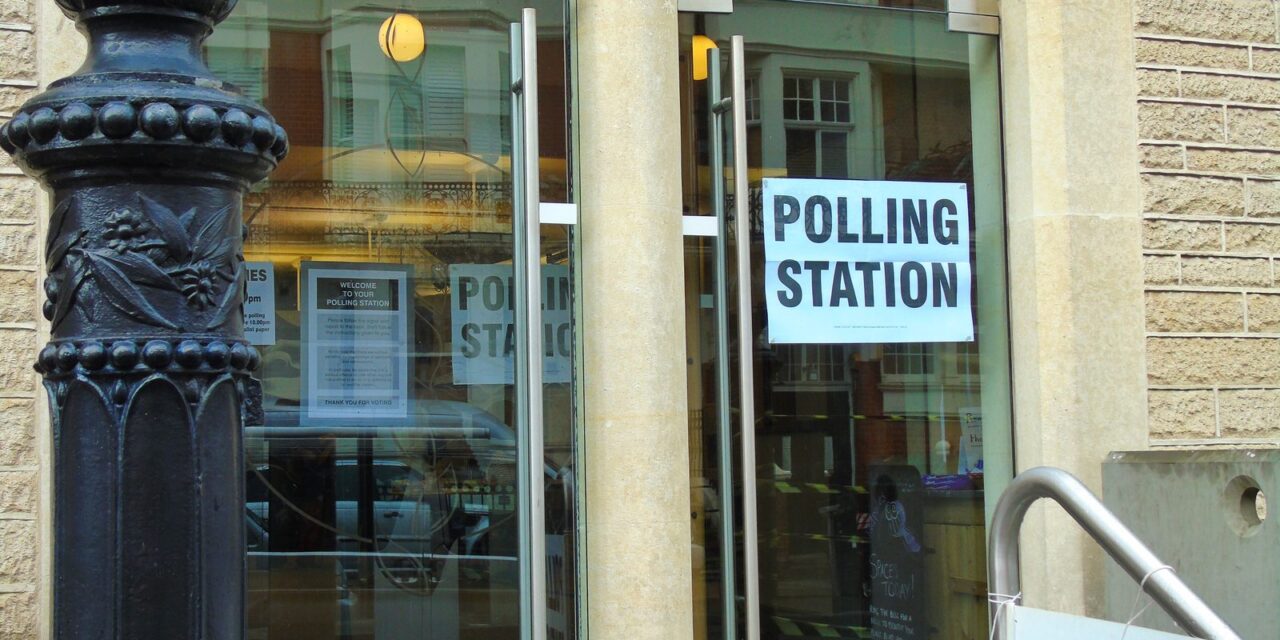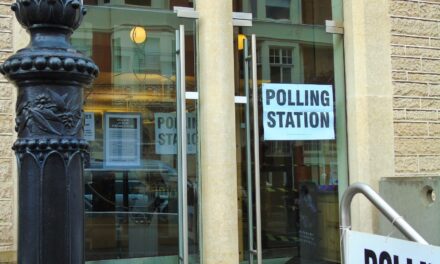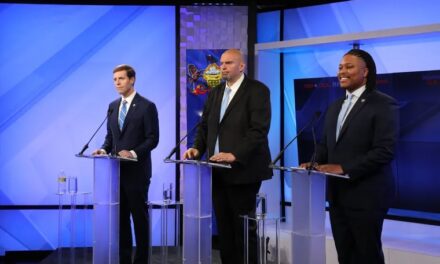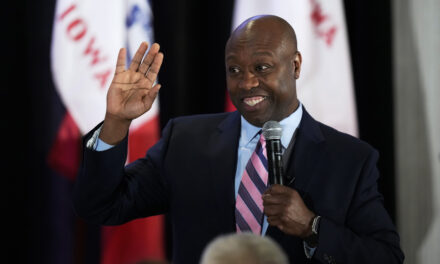One of the contributing factors to Hillary Clinton’s shocking electoral loss to Donald Trump was her complete failure to mobilize the youth vote, particularly the 18 to 20-year-old segment of the electorate. Perhaps a younger candidate would have related better to them, but Clinton could not shake them out of their apathy. This cohort had their lowest turnout rate on record in the 2014 midterms and were unenthused about their options in 2016.
Things could be much different in the 2018 midterm elections, but it’s a little early to say for sure.
It’s been more than six weeks since the massacre of 17 people at Marjory Stoneman Douglas High School in Parkland, Fla., launched a generation often maligned as self-absorbed and politically apathetic on a fierce campaign for gun control and school safety. Young activists have staged walkouts, led massive rallies throughout the country, taken to social media to challenge lawmakers, and demanded town hall meetings with politicians.
Hoping to sustain their momentum, they are now beginning to focus on the November midterm election.
Young people are one of the biggest untapped forces in U.S. politics.
By next year, millennials, born between 1981 and 1996, are projected to outnumber baby boomers, born between 1946 and 1964. But they go to the polls in staggeringly small numbers.
In the 2014 midterm election, turnout among 18- to 20-year-olds was 15%, among the lowest in a national election since the voting age was changed from 21 in 1971.
Working against a mass mobilization of the youth vote is the simple passage of time and the distractions of summer vacation. Yet, there are still seven months for this new generation of political activists to get organized. Voter registration drives are not going to run up against deadlines anytime soon, and models for getting out the message and the vote can be stood up at a fairly leisurely pace.
This is the first generation that grew up entirely within the social media milieu and knows no other way of communicating and organizing. And the Parkland massacre seems to have given them something else that unites them in a time when we’re so atomized as individuals that very little thing seems capable of bringing us to together.
The gun issue could become bigger than the things that drove my generation like divestiture from South Africa and the fight against nuclear power. It could become more akin to draft resistance and other forms of antiwar protest during the Vietnam era, or even the civil rights struggles of the 1950s and 1960s.
The talent and leadership seems to be present, as well as the tools they’ll need. What’s working against them is the difficulty of maintaining anyone’s focus in our media environment. They won’t be able to rely on traditional media to sustain their movement, but maybe they don’t need to do that. Donald Trump didn’t need newspaper endorsements or favorable coverage or approval from the usual gatekeepers, so why should this generation of organizers be expected to secure those advantages? Perhaps they know how to keep their movement present in the lives of the people because they’re experts at the actual media environment we live in rather than the one old people like you and me grew up with that no longer seems to have much juice or sway.
They face a sophisticated, well-funded and ruthless adversary in the National Rifle Association, but the NRA can’t prevent them from mobilizing their own generation to vote.
While their movement could sputter out over the summer, it’s unlikely that there won’t be another mass shooting between now and November to remind people anew that our government has attempted exactly nothing to protect our schoolchildren since Sandy Hook and that the Republicans have been loosening gun regulations everywhere they have to power to do so, including on the Supreme Court.
If we see a big spike in turnout among the youth in November and it results in a change in power in Congress and new gun regulations, that could be first mark of this new generation. But it won’t be the last and they’ll be heard from either way, and at a younger age than the generations that immediately preceded them.








